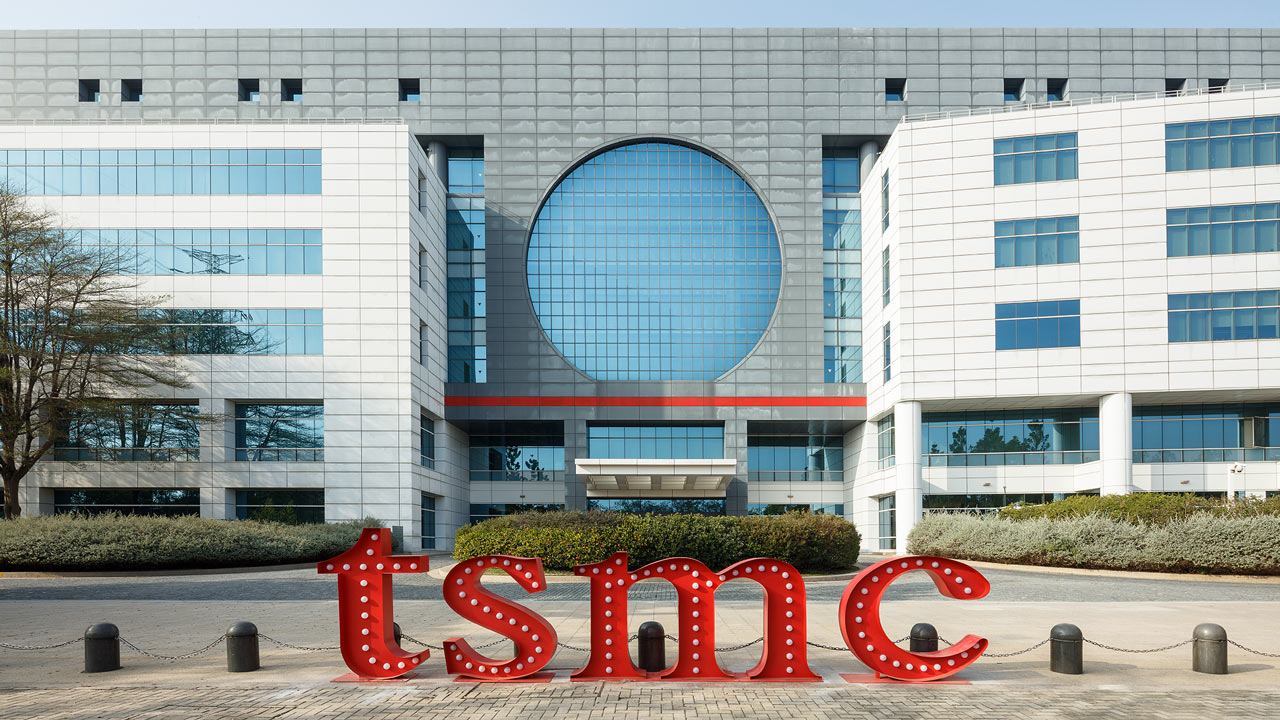
The leader of one of Arizona's largest unions fired back at TSMC's claims that unskilled American workers have delayed construction and tools installation of its new Fab 21. Aaron Butler, the head of the Arizona Building and Construction Trades Council, wrote in his column for Phoenix Business Journal that workers for Arizona have been building and equipping fabs for Intel for decades and that TSMC is using the delay as an excuse to bring in foreign workers they can pay less.
The Arizona Building and Construction Trades Council leader representing 15,000+ union construction workers refuted TSMC's claim of a skills gap in American workers for the semiconductor project. Arizona workers have built fabs for Intel for 40 years and represent a seasoned workforce that is highly skilled and prepared for this task, Butler wrote. The unions have fulfilled all the labor hours requested by TSMC, which starkly refutes TSMC's assertion that there is a deficit of skilled American workers, Butler alleges. He also claims that TSMC failed to name skills that Arizona workers allegedly lack or the specific training these Taiwanese workers will teach the American workforce.
TSMC recently postponed the start of mass production at its Fab 21 near Phoenix, Arizona, from early 2024 to sometime in 2025 due to delays with construction and installation of wafer fab equipment. Mark Liu, chairman of TSMC, blamed "an insufficient amount of skilled workers with the specialized expertise required for equipment installation in a semiconductor-grade facility" in Arizona for the delays.
Meanwhile, the local workforce has built fabs for Intel for decades, and the American chip giant has never experienced any delays akin to those faced by the world's largest contract maker of chips.
"Blaming American workers for problems with this project is as offensive to American workers as it is inaccurate," Butler wrote. "[...]This leaves just one alternative conclusion: that TSMC is blaming its construction delays on American workers and using that as an excuse to bring in foreign workers who they can pay less."
TSMC has historically concentrated its leading-edge fabs in Taiwan, and the only extensive semiconductor production facility it built outside of Taiwan was its Fab 16 in Nanjing, Jiangsu Province, China. That fab started production of chips on TSMC's 28nm process technology in 2018, at least six years after the manufacturing node debuted in Taiwan in 2011. By the time TSMC's 28nm was deployed in China, everything about this node had been perfected in Taiwan, and the technology was three generations behind TSMC's N7 deployed in Taiwan in 2018.
Meanwhile, TSMC's Fab 21 will produce chips using fabrication processes that are only one generation behind N3 and N3E (3nm-class), TSMC's flagship production technologies currently used in Taiwan.
Unlike Intel, TSMC does not have its Copy Exactly program designed to deploy similar fabs worldwide, so it is not surprising that the company encountered problems with setting up a leading-edge production facility in Arizona.

.png?w=600)





